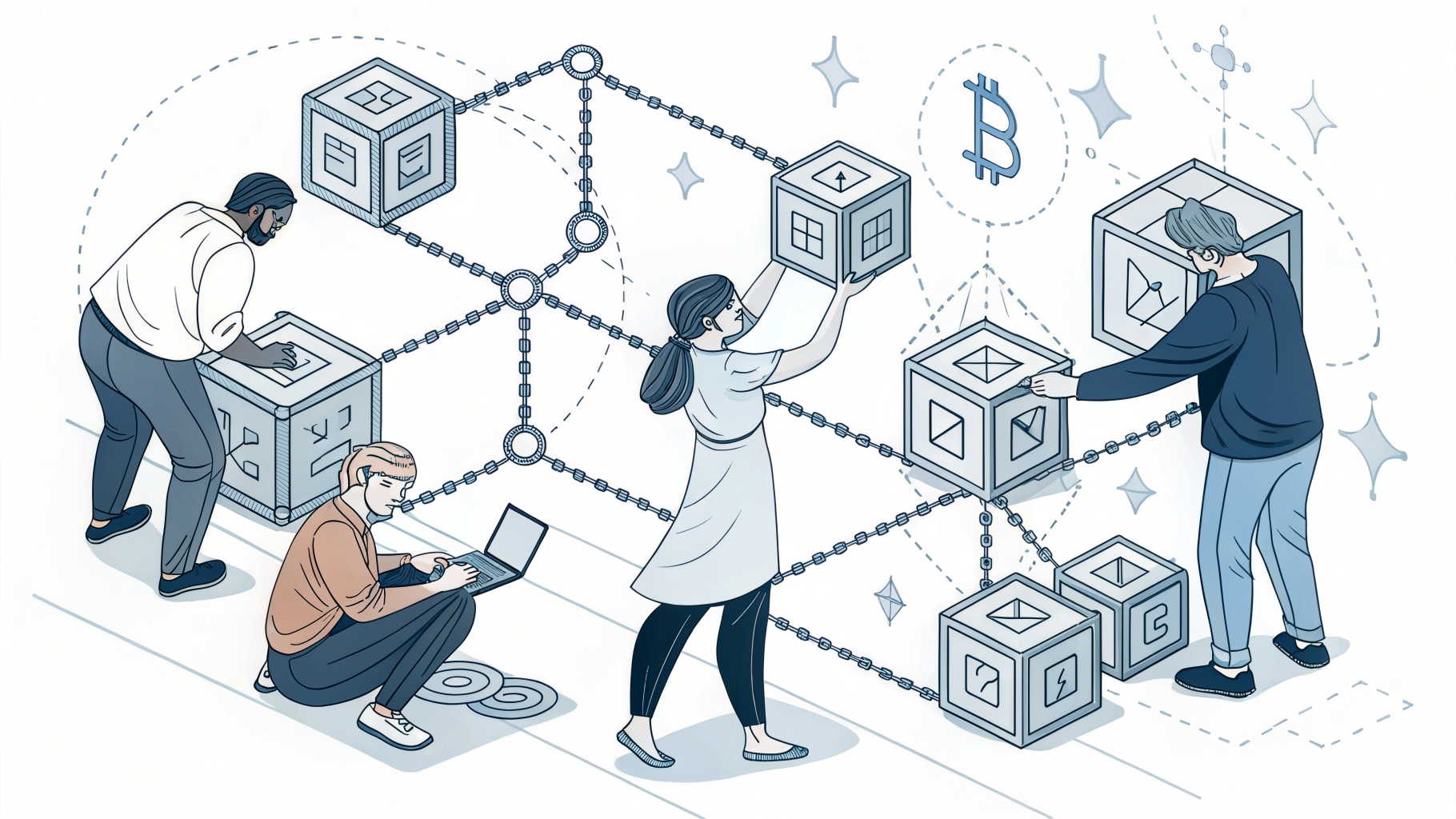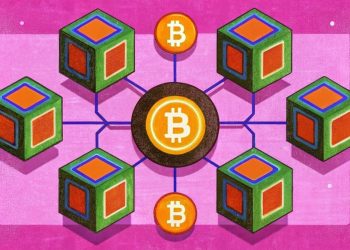
The Rise of Artificial Intelligence in Crypto
The intersection of artificial intelligence (AI) and blockchain technology is rapidly reshaping the digital asset landscape. In 2024 and 2025, the crypto market has witnessed an unprecedented surge in the launch of AI-driven crypto tokens. Nearly 90 new AI-powered cryptocurrencies have debuted in the past year alone, each promising to revolutionize how decentralized systems operate and interact with users. This explosion in AI crypto tokens is more than a passing trend—it signals a fundamental shift in how blockchain platforms harness intelligence, automation, and user engagement.
What Are AI Crypto Tokens?
AI crypto tokens are digital assets designed to power artificial intelligence tools and services on blockchain platforms. Unlike traditional cryptocurrencies, which primarily serve as a medium of exchange or store of value, AI tokens are built for utility—they facilitate access to AI models, pay for computing resources, and enable data sharing within decentralized networks. These tokens operate through smart contracts, automating everything from payments to reward distribution, and often allow holders to participate in governance decisions or contribute to the training of AI models.
Key Features of AI Crypto Tokens
- Utility-First Design: AI tokens are used to access AI services, pay for data, or utilize decentralized AI models, making them integral to their respective ecosystems.
- Smart Contract Automation: Transactions, rewards, and service access are managed by code, reducing the need for intermediaries and increasing transparency.
- Reward and Governance Mechanisms: Many platforms incentivize users to contribute data or improve AI models, while also giving them a say in the project’s evolution.
- Interoperability: Most AI tokens are built on major blockchains like Ethereum or Cosmos, ensuring compatibility with a wide range of decentralized applications.
Why Is the AI-Blockchain Fusion Booming?
The convergence of AI and blockchain is driven by the complementary strengths of both technologies. Blockchain offers transparency, immutability, and decentralization, while AI brings automation, intelligent data analysis, and adaptive decision-making. This synergy is unlocking new possibilities for:
- Smarter Smart Contracts: AI enables contracts to process real-world data, predict outcomes, and execute complex logic—far beyond the static rules of traditional smart contracts.
- Decentralized AI Marketplaces: Platforms like SingularityNET and Fetch.ai allow users to buy, sell, or contribute to AI models in a trustless environment, democratizing access to advanced AI technologies.
- Enhanced Security: AI-driven anomaly detection and threat analysis make blockchain networks more resilient against attacks and fraud.
- Efficient Governance: AI-powered analytics help decentralized autonomous organizations (DAOs) make better decisions by analyzing voting trends and predicting proposal outcomes.
Top AI Crypto Tokens Leading the Charge
Several AI crypto tokens have emerged as leaders in this fast-evolving sector. Notable examples include:
- The Graph (GRT): Powers decentralized data indexing and querying for blockchain applications, with AI optimizing data retrieval.
- Fetch.ai (FET): Provides a decentralized platform for AI agents to perform tasks such as data sharing, prediction, and automation.
- SingularityNET (AGIX): Enables a global marketplace for AI services, where anyone can create, share, and monetize AI algorithms.
- Render (RNDR): Leverages AI to optimize decentralized GPU rendering for digital content creators.
- NEAR Protocol (NEAR): Integrates AI to facilitate seamless interactions between users, agents, and services, and is developing open-source AI models to democratize access.
These tokens, among others, have contributed to a market capitalization of over $26 billion for AI crypto coins as of mid-2024.
Real-World Applications and Use Cases
The integration of AI into blockchain platforms is not just theoretical—it’s already delivering tangible benefits across industries:
- DeFi (Decentralized Finance): AI-powered protocols adjust interest rates and manage risk in real time, making financial products more adaptive and resilient.
- Healthcare: Decentralized AI networks enable secure sharing and analysis of medical data, improving diagnostics while preserving patient privacy.
- Supply Chain: AI-driven smart contracts automate logistics, track goods, and optimize routes, increasing efficiency and reducing fraud.
- Content Creation: Platforms like Render use AI to distribute rendering tasks for films, games, and virtual reality, cutting costs and accelerating production.
Challenges and Limitations
Despite their promise, AI crypto tokens face several hurdles:
- Technical Complexity: Integrating AI with blockchain requires overcoming scalability issues and limited on-chain computation power.
- Decentralization Debate: Critics argue that many AI tokens are not truly decentralized, as off-chain computation and centralized control can persist behind the scenes.
- Regulatory Uncertainty: The rapidly evolving nature of both AI and crypto means regulatory frameworks are still catching up, which can impact adoption and innovation.
The Future of AI Crypto Tokens
The next generation of AI crypto tokens is expected to address current limitations by:
- Enhancing On-Chain AI Capabilities: Innovations in blockchain scalability and interoperability will enable more complex AI computations directly on-chain.
- Fostering Open AI Ecosystems: Open-source AI models and decentralized governance will reduce reliance on central authorities and promote broader participation.
- Expanding Use Cases: As AI and blockchain mature, expect to see new applications in areas like digital identity, the metaverse, and decentralized economies.
The proliferation of AI-driven crypto tokens marks a pivotal moment in the evolution of blockchain technology. By merging the intelligence and adaptability of AI with the transparency and security of decentralized ledgers, these tokens are laying the groundwork for smarter, more efficient, and more inclusive digital ecosystems. As nearly 90 new AI crypto tokens launched in the past year demonstrate, the momentum behind this trend is only accelerating. While challenges remain, the fusion of AI and blockchain is poised to redefine what’s possible in the world of decentralized technology—ushering in a new era of innovation, automation, and user empowerment.














